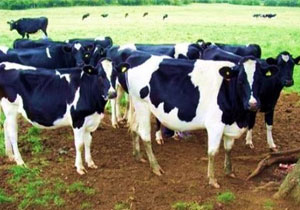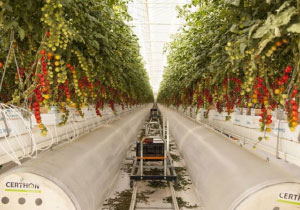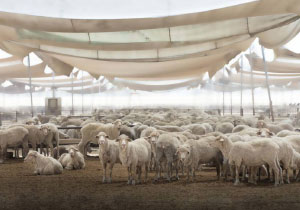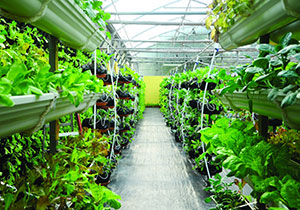The UAE pays special attention to the livestock sector by focusing directly on everything related to it through diligent work to overcome all obstacles to its development, and is keen to deal positively by encouraging continuity in order to develop this vital sector, which works on Providing food, economic and social security for the country, as the UAE enjoys an important wealth at this level.
A statistic issued by the Federal Competitiveness and Statistics Authority for the year 2017 estimates that the total head of livestock in the country amounted to 4,567,000 heads, including two million heads of sheep, two million heads of goats, 500 thousand heads of camels, and 67,000 heads of cows and buffaloes, while the latest statistic shows Issued recently by the Abu Dhabi Agriculture and Food Safety Authority, the Emirate of Abu Dhabi has acquired the largest share of livestock herds, with livestock estimated at 3.5 million heads of sheep, cows and camels, distributed over the three regions of the emirate, 65% in Al Ain and 35% in Al Dhafra and Abu Dhabi.
Al-Ittihad opens the file of livestock, and its local role in supporting food security and achieving stability for this vital sector by supporting breeders and providing the necessary veterinary care for that wealth. Including the fodder subsidy obtained by sheep and goat breeders, with an annual value of approximately 660 dirhams per head of livestock, and the same is true of the support provided to camel breeders, where the value of the fodder subsidy provided for each head is approximately 1600 dirhams, and the federal authorities are keen and the local authorities concerned with this category to encourage citizen farmers to take care of livestock breeding and care, and to provide veterinary, food and extension medical services to them using modern scientific methods, and high technical and technical capabilities in livestock breeding, and to provide fodder to breeders at nominal prices, as well as diagnosing various communicable and non-communicable diseases that threaten livestock. Providing appropriate treatment for sick animals, and immunizing them against various epidemic diseases and others.
An integrated strategy for livestock development
Experts stressed the importance of the role of the Ministry of Climate Change and Environment - from the reality of its work as a federal agency charged with implementing the directions of the state and rational government - in developing policies to preserve this wealth and organizing the process of commercial exploitation of it to enhance its contribution to achieving food security and diversifying the national economy, through the development and application of The integrated management strategy for the protection and development of livestock, raising biosecurity rates, developing and implementing programs to prevent and monitor animal diseases and epidemics, developing inspection and control mechanisms and standards on local farms and across border crossings, in addition to developing and strengthening information exchange mechanisms at the local and global levels.
Dr. Kaltham Kayaf, Head of the Animal Health Department at the Ministry, said: The livestock sector receives great care and attention from the rational leadership to support and encourage live livestock breeders in the country by strengthening all efforts made in the matter of issuing and developing the necessary legislation to regulate the work of these farms, and implement programs to prevent disease. Epidemiological and infectious animal diseases, their monitoring and control, and the implementation of prevention and treatment programs for breeders by providing free veterinary services, including treatment, vaccination and guidance to livestock owners in the country, in addition to preparing control plans to deal with these farms in cooperation with the competent local authorities, and developing mechanisms and standards for inspection and control in local farms. And through border crossings to prevent the entry and spread of diseases, as well as developing and strengthening mechanisms for information exchange at the local and global levels.
Kayaf stated that according to the latest statistics issued by the Federal Competitiveness and Statistics Authority, the UAE owns large numbers of livestock, which have witnessed great growth over the past years. These statistics estimate the number of sheep at about two million heads, the number of goats at about two million, and the number of camels by about 500,000 heads, while the number of cows and buffaloes is estimated at 67,000.
Livestock is a “safety valve” for local food security
- مدیریت سایت
- News and Events
- Hits: 1239









